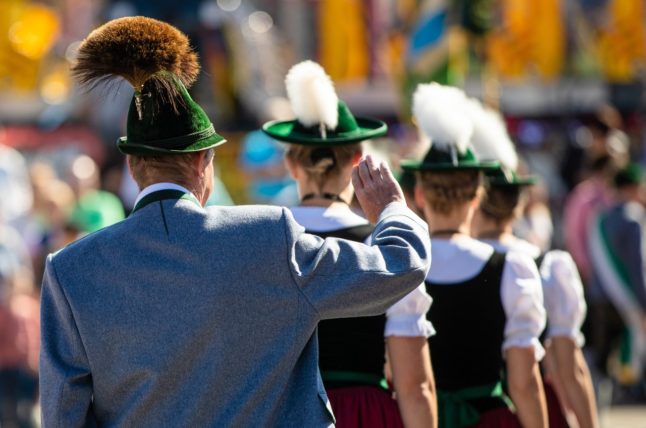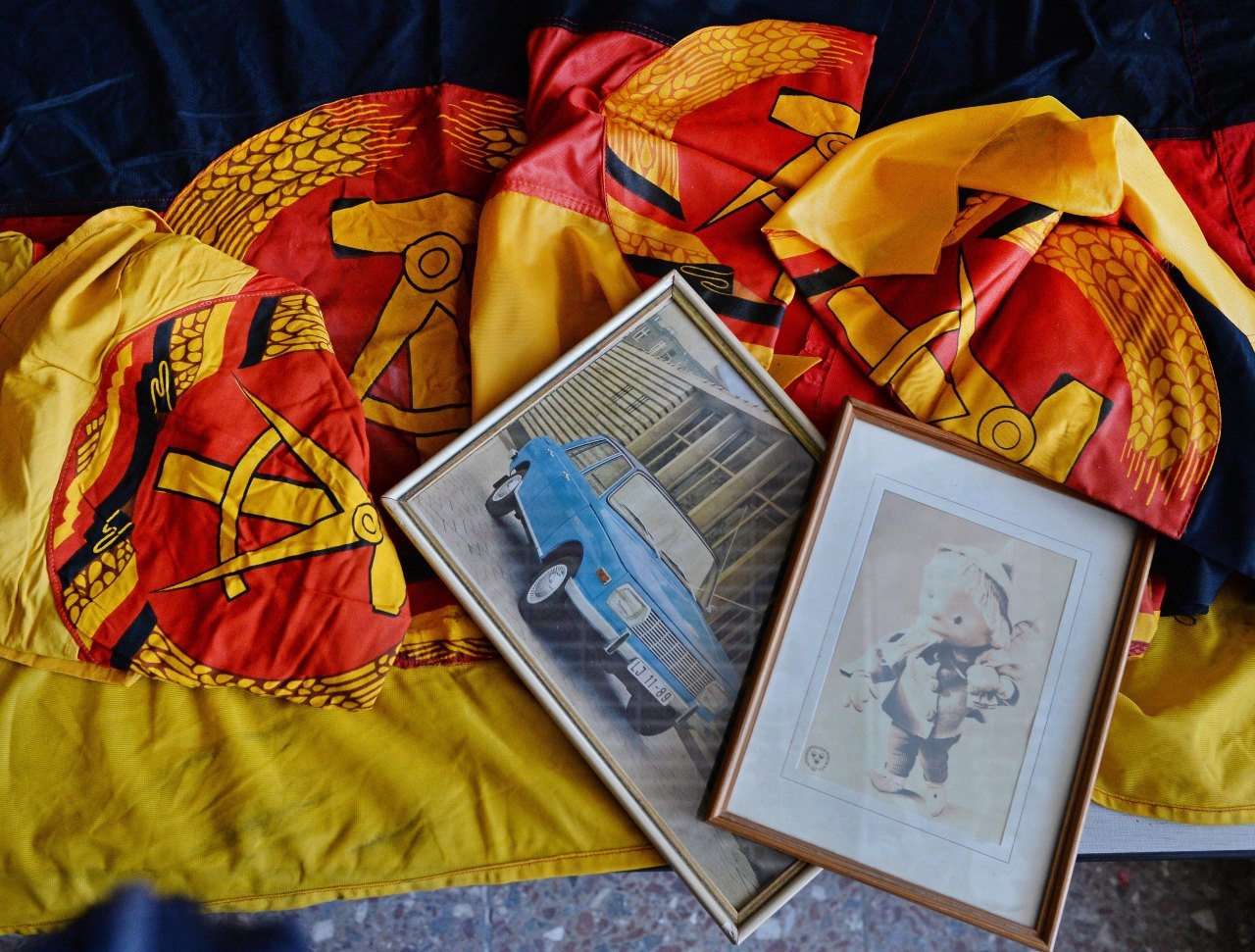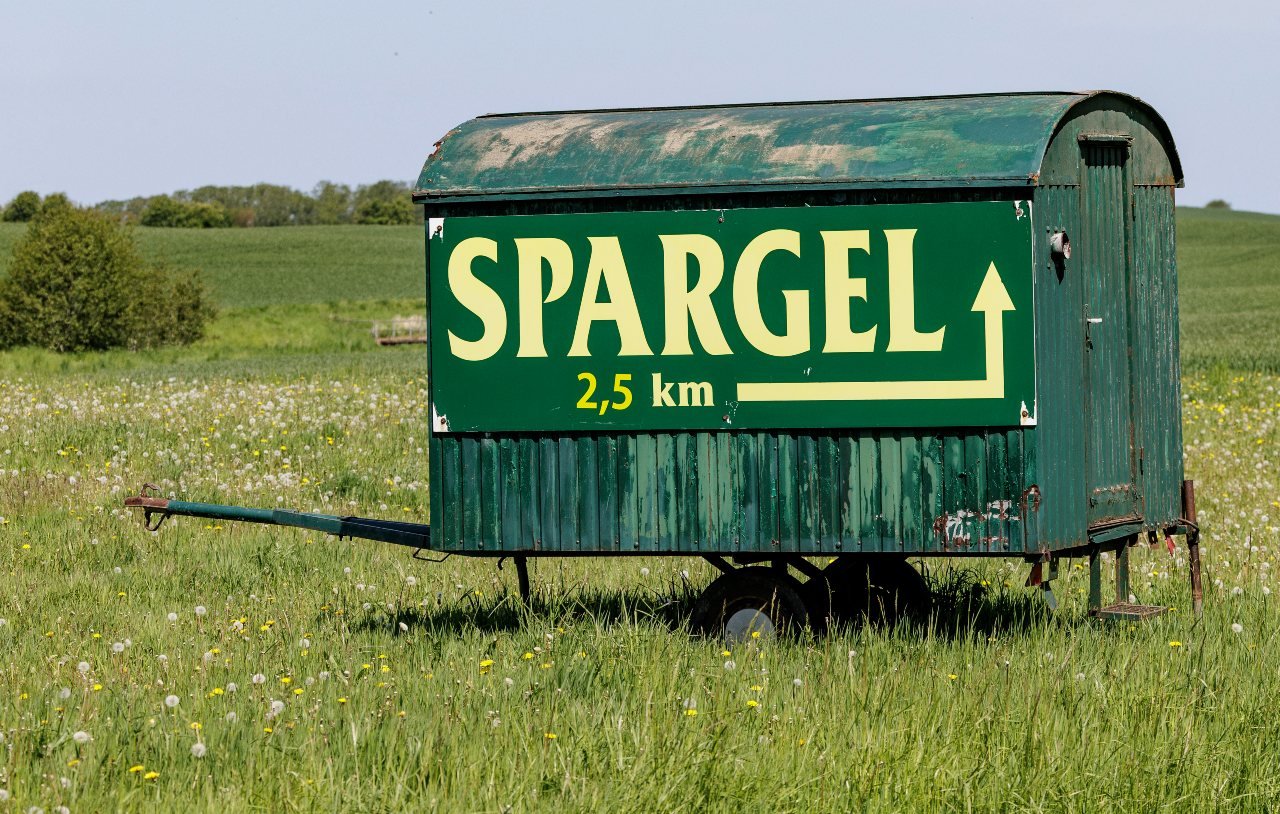For most German-language learners, it’s a familiar scenario: you kick off your language journey with textbooks and courses and eventually start to get comfortable with the tricky grammar and vocabulary.
But as soon as you start talking to a native speaker, you’ll probably hear several words you’ve never heard before – and even a few confusing noises that are hard to decipher.
These funny sounds – which are usually described as discourse markers by linguists – can be used to express anything from exhaustion to surprise, or even to check whether the person you’re talking to is listening.
If you want to sound like a native, it’s worth getting familiar with these quirky noises and trying to incorporate them in your everyday speech.
The good news is that they’re a lot more fun to use than the tricky words you learn in language schools.
What’s more, they’re an easy way to add some natural flair and personality to your German.
READ ALSO: What are the different levels in German and how do I reach them?
Tja
Hearing this word can be confusing for foreigners, because it may sound an awful lot like “ja”, or yes.
But rather than being an affirmative response to a question, ‘tja’ is often used ahead of a contradiction or as an expression of scepticism, similar to the English word “well”.
You may also hear “tja”, or even “ja”, simply used as filler words for the speaker to buy time to think about what they’re saying. For example, if a stranger asks you if the next train to Dresden leaves from Platform 3, you may respond with “Ja… nein”, if you aren’t quite sure of the answer.
Another key meaning of ‘tja’ is best summed by a meme that defines it as a the typical German response to the apocalypse, nuclear war, alien attack or having no bread in the house.
When something catastrophic has happened – like the apolocalypse or an empty bread shelf – it can be taken to mean either “I told you so” or “sh*t happens”, casting an ironic light over the gloomy situation.
Hä
This is a word you won’t read in the German textbooks, but “hä” is a sure-fire way to sound more German in your conversations.
Much like the English “huh?”, you can use “hä?” to express surprise or incomprehension. If a friend from your German course tells you they actually enjoy learning German grammar, then a disbelieving “hä?” is probably an apt response.
The difference between learning German from a textbook and learning it from actual Germans: pic.twitter.com/uZJ7yrENs3
— Nic Houghton (@40PercentGerman) April 24, 2024
In a more banal context, if you haven’t quite understood what somebody’s said, a gentle “hä?” could stand in for the more polite and formal, “wie bitte?”.
A word of warning, though: “hä?” is viewed as very informal and can even be construed as rude in certain situations, so be sure to only use it among people you’re very friendly and familiar with.
READ ALSO: German word of the day – Hä?
Ne
Whether you’re a fan of German podcasts or have a few German friends who enjoy to speak at length about the world, you’ve probably come across ‘ne’ at some point or other.
It’s generally used at the end of sentences to check that the other person is listening and has understood, similar to the English “right?” or “you know?”.
For that reason, it often has a high inflection, as if you’re asking a question – though you don’t necessarily expect a response.
So next time you embark on a long rant in German, try interjecting a “ne?” or two. This can add variety to your tone and at the very least ensure the other person hasn’t fallen asleep halfway through.
Auwa
When a German child trips and falls over at the Spielplatz, the first thing they may shout is, “Auwaaaaa!” before calling on their parents to come and comfort them.
But it’s not just the little ones who use this noise to express pain in Germany – adults will also emit an occasional “auwa!” if they accidentally stub their toe.

An alternative to “auwa” is the more English-style “auch!”, which is pronounced the same as “ouch!” but spelled differently. This can also be used to respond to a comment that stings a little, as a good-natured way of letting someone know your feelings were hurt.
Here’s how “auwa” is pronounced.
Puh
Though hearing this word may bring some toilet humour to mind, “puh” has less to do with bodily functions than you might expect.
It’s actually more similar to the English word “phew”, which is used to express tiredness or relief.
One scenario you might use “puh” is after running to the bus stop to catch the last bus home. Once you sprint through the doors and sink into your seat, you may let out an exhausted “puh!” to show your relief at having made it.
Before you forget the more childish connotations entirely though, it’s worth knowing you can also use “puh” when encountering something disgusting.
If it’s your turn to take out the Biomüll and the rotten vegetables are starting to emit a foul odour, you might say, “Puh! Es stinkt!” (Ew! It stinks!”), before hurrying to the bins as fast as you can.
READ ALSO: 12 colourful German expressions that’ll add swagger to your language skills
Uff / Umpf
If you’ve ever eaten an entire bowl of Käsespätzle, you probably know the sensation of feeling so full you’re about to burst.
For precisely this situation, you’ll need to know “umpf” or “uff”. Both of these words neatly sum up that feeling of being stuffed to the brim with food – but not necessarily in a bad way.
A bit like “oof!” in English, “uff” and “umpf” are ways of showing that you’re both sated and a little bit sleepy after a big meal. With Germany’s very hearty cuisine, they’re both expressions that you’ll need in your life fairly often.







 Please whitelist us to continue reading.
Please whitelist us to continue reading.
Member comments